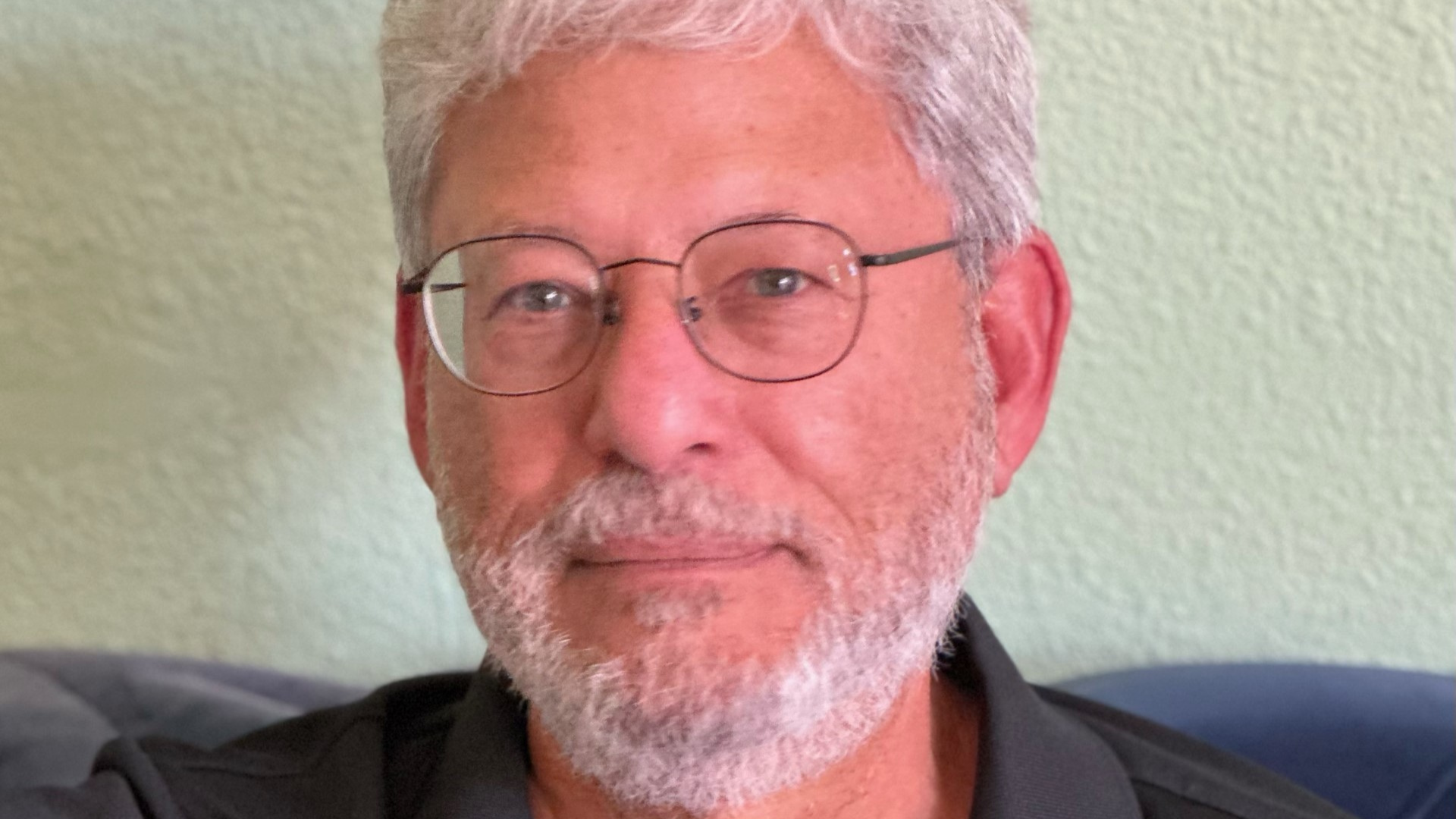The Library is hosting professor emeritus of cognitive science Jaime Pineda to discuss his new book “Controlling Mental Chaos: Harnessing the Power of the Creative Mind.”
At the event, Pineda will discuss the story of mental chaos, framing it in an understandable narrative of why it happens and what can be done.
It starts with our exquisite, original mind — adaptable, creative and curious. As we grow, its open nature gets stymied by attempts to protect it from the insults of life. This protective function creates a false sense of self that interferes with our creative problem-solving.
The unhealthy ego misjudges and misinterprets the internal (interoceptive) and external (exteroceptive) signals we perceive. Other functions, such as language, further distort and create anxiety, fear and an out-of-control mind. The more the mind spins, the more it feels mentally separated from the body, and the fainter the signals from the body become.
At a minimum, we need to reconnect mind and body; bypass the egoic mind, its distortion field and its autobiographical memory dependency so that instead of acting from what we know, we respond to the contingencies of the moment; and finally, provide space for more divergent (creative, open-ended) processing.
All these activities occur when we practice mindful or open awareness. This is confirmed by science and the subjective experiences of practitioners who have practiced mindfulness for thousands of years.
This event is free and open to the public. Registration is required.
Copies of Pineda’s book will be available for purchase from the UC San Diego Bookstore at the event. A book signing will follow at the conclusion of the lecture.
About Jaime Pineda
Jaime Pineda is a professor emeritus in the Department of Cognitive Science at UC San Diego. His research interests include the neurobiology of social cognition, attention, face perception, addiction, monoamines and brain-computer interfaces.
Contact:
Registration:
https://www.eventbrite.com/e/controlling-mental-chaos-with-jaime-pineda-tickets-776617081597?aff=oddtdtcreator

